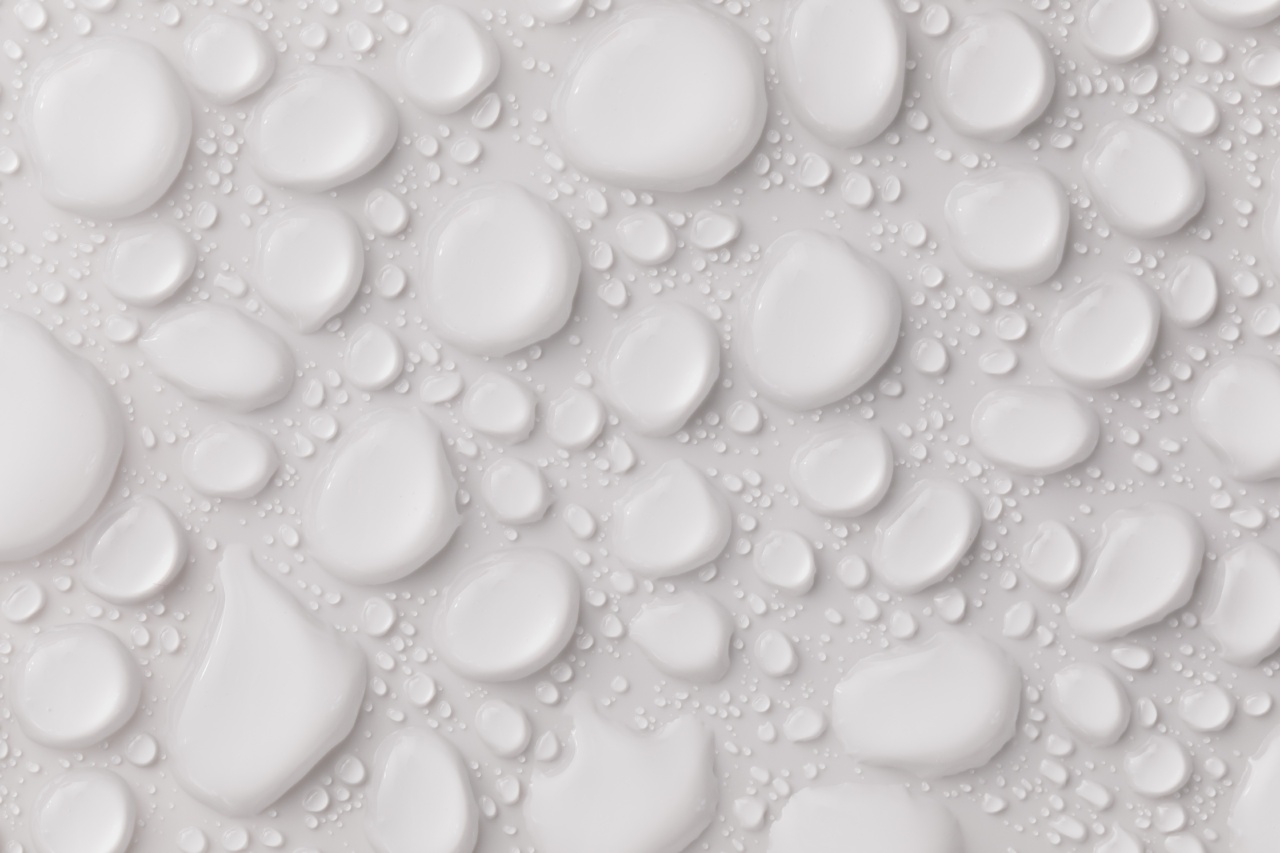Sunscreen is an essential product when it comes to protecting our skin from the harmful effects of the sun’s ultraviolet (UV) rays. It acts as a shield, preventing sunburns, premature aging, and even skin cancer.
However, like many other products, sunscreens come with an expiration date. But what does this mean for their effectiveness? Can expired sunscreens still offer protection against the sun? Let’s delve deeper into this topic to understand the significance of expiration dates on sunscreens.
Understanding Expiration Dates on Sunscreens
Most sunscreens typically have an expiration date mentioned on the packaging. This date indicates the time until which the manufacturer guarantees the product’s stability and effectiveness.
It is important to note that the expiration date does not necessarily indicate the immediate ineffectiveness of the sunscreen once it passes that date. It rather serves as a guideline to ensure the expected product performance.
The Factors Affecting Sunscreen Shelf Life
The effectiveness of sunscreens can potentially decline over time due to several factors:.
1. Exposure to Heat and Sunlight
Exposing sunscreen to direct sunlight or high temperatures can cause its active ingredients to break down, rendering them less effective.
Therefore, it is crucial to store sunscreen in a cool and dry place and avoid leaving it in a car or under the sun for extended periods.
2. Storage Conditions
Proper storage plays a key role in maintaining sunscreen efficacy. Storing sunscreen in humid environments, such as bathrooms, can contribute to its degradation.
Exposure to moisture can lead to the growth of bacteria or mold, which further compromises the product’s quality.
3. Formulation and Ingredients
The specific formulation of a sunscreen, along with its ingredients, can impact its shelf life. Some ingredients, like avobenzone or oxybenzone, may be more susceptible to degradation over time.
Moreover, organic or natural sunscreens often have a shorter shelf life compared to their chemical counterparts.
The Effects of Using Expired Sunscreens
Using expired sunscreens may not necessarily harm your skin or cause adverse reactions. However, the diminished effectiveness of expired sunscreens can put you at risk of sunburns and other sun-related skin damage.
The active ingredients in the sunscreen degrade over time, reducing their ability to protect your skin from harmful UV rays.
Additionally, expired sunscreens may undergo changes in texture, smell, or consistency, indicating potential degradation. These changes can make sunscreens less appealing to use regularly, leading to inadequate sun protection.
How to Determine If Your Sunscreen Has Expired
Although some sunscreens may show visible signs of expiration, many do not. To determine if your sunscreen has expired, consider the following factors:.
1. Check the Expiration Date
Start by examining the packaging for the expiration date. If the date has passed, it is advisable to replace the sunscreen with a fresh bottle.
2. Changes in Texture or Smell
Expired sunscreens may undergo changes in texture, becoming clumpy or runny. They may also develop an unusual smell. If you notice any significant changes, it’s better to err on the side of caution and replace it.
3. Contact the Manufacturer
If you are uncertain about your sunscreen’s expiration, contacting the manufacturer can provide clarity. They can offer guidance on the product’s shelf life and their recommendations for usage.
Tips for Proper Sunscreen Storage
To maximize the shelf life and effectiveness of your sunscreens, follow these storage tips:.
1. Keep It in a Cool Place
Store your sunscreen in a cool place, away from direct sunlight and high temperatures. An ideal location could be a drawer or cabinet in your bathroom or bedroom.
2. Avoid Humid Environments
Avoid storing your sunscreen in humid environments like bathrooms. Humidity can lead to moisture absorption, which can compromise the sunscreen’s quality.
3. Secure the Lid Properly
Make sure to securely close the lid of your sunscreen after each use. This prevents potential contamination and exposure to air and moisture, preserving the product’s integrity.
4. Regularly Check for Changes
Periodically inspect your sunscreen for any visible changes in consistency, smell, or texture. If you notice any significant deviations, it is a good indication that the sunscreen has expired.
What to Do with Expired Sunscreens
When you determine that your sunscreen has expired, it is essential to dispose of it properly. Do not pour expired sunscreens down the drain or flush them down the toilet, as the chemicals can be harmful to the environment.
Instead, check for local guidelines on how to dispose of such products responsibly.
Remember, using expired sunscreens can compromise your skin’s protection against harmful UV rays. It is recommended to use sunscreens within their labeled expiration dates to ensure their maximum effectiveness.




























